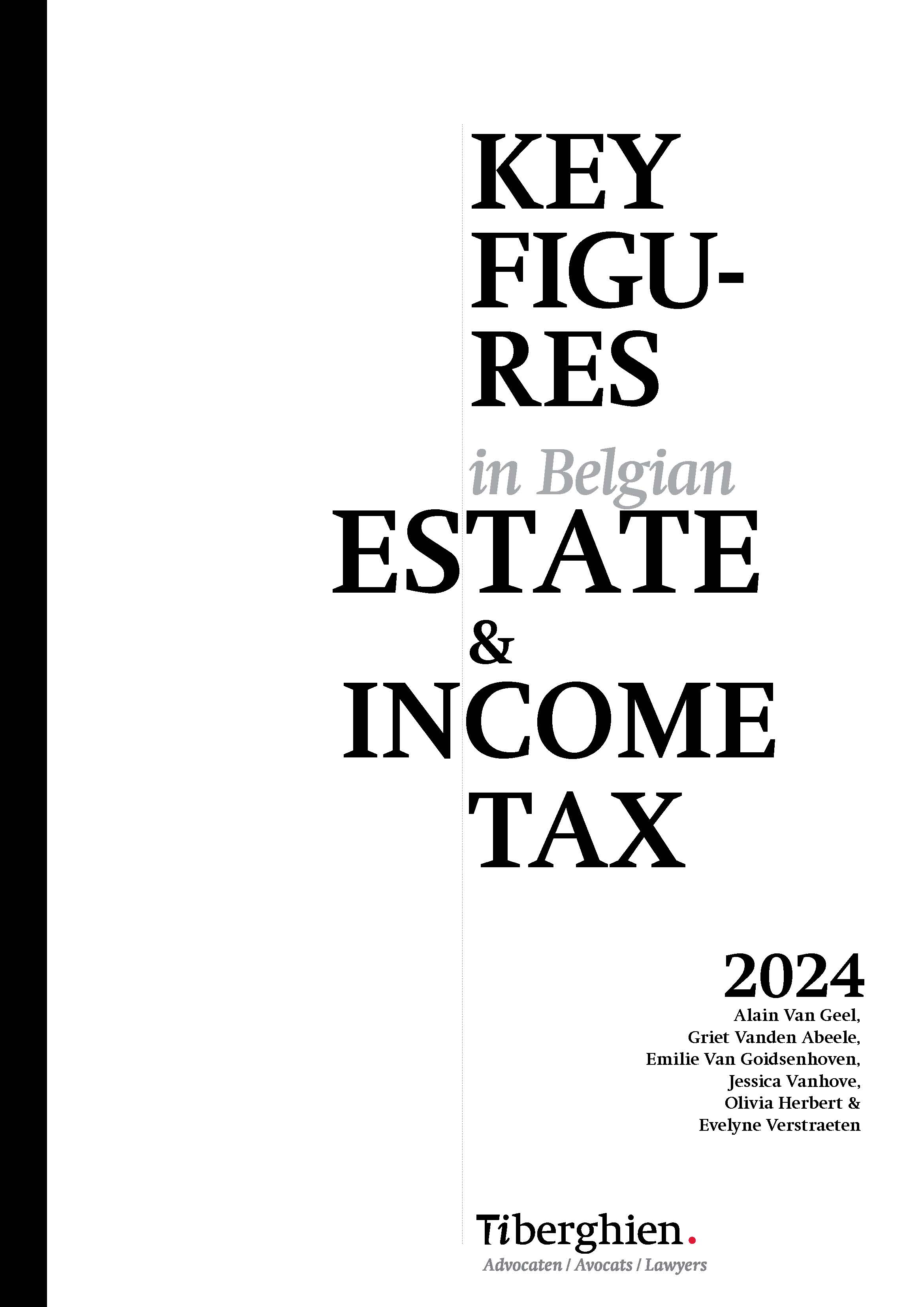1. Scope
The proposal would apply to all undertakings in the EU that are subject to corporate tax in one or more EU Member States, including EU permanent establishments of entities residing for tax purposes in a third-country.
However, DEBRA would not apply to financial undertakings (notably credit institutions, investment firms, AIF, AIFM, UCITS, insurance undertakings, etc.).
2. The allowance on equity
The first measure proposed by the European Commission is an allowance on equity computed as follows:
Allowance on equity = Allowance base * notional interest rate
- Allowance base corresponds to the difference between the net equity at the end of the current tax year and the net equity at the end of the previous tax year.
- Notional interest rate corresponds to a 10-year risk-free interest rate for the relevant currency, increased by a risk premium of 1% (1,5% for SME’s).
The net equity is the difference between the equity (i.e. paid-up capital, share premium accounts, reserves and profits or losses carried forward) of a taxpayer and the sum of the tax value of its participation in the capital of associated enterprises and of its own shares. This specific definition aims to prevent cascading the allowance through participations.
The allowance on equity would be deductible for income tax purposes up to 30% of the taxpayer's EBITDA for 10 consecutive tax years and any excess of available allowance on equity could be carried forward by the taxpayer without time limitation. In addition, any unavailable allowance due to the 30% EBITDA limitation could be carried forward for a maximum of five tax years.
3. The anti-abuse rules
The anti-abuse measures provided by the proposal aim to ensure that the rules on the deductibility of an allowance on equity are not used for unintended purposes.
Consequently, increases in equity that originate from intra-group loans, intra-group transfers of participations or existing business activities and, under certain conditions cash contributions would be excluded from the calculation of the net equity increase, unless the taxpayer would provide sufficient evidence that the relevant transaction has been carried out for valid commercial reasons and does not lead to a double deduction of the allowance on equity.
Equity increases resulting from a contribution in kind would also be closely monitored to ensure that valuations have been accurately determined and that the relevant assets are necessary for the performance of the taxpayer’s income-generating activity.
Finally, where the equity increase results from a reorganization of a group, such increase would only be considered if it does not result in converting the equity that already existed in the group before the reorganization into new equity.
4. The limitation to interest deduction
On the debt side, DEBRA would also introduce a new limitation on interest deductibility. The deductibility of interest would be limited to 85% of the exceeding borrowing cost (i.e. interest expenses minus interest income) and would be applied alongside the interest limitation rules introduced under the Anti-Tax Avoidance Directive (‘ATAD’).
Based on this new limitation, a taxpayer would only be entitled to deduct the lower of:
- 85% of exceeding borrowing cost; and
- Exceeding borrowing costs deductible under ATAD rules.
The taxpayer shall be entitled to carry forward or back the difference between these two amounts in accordance with ATAD limitation rules.
5. Entry into force
The adoption of the proposal requires the unanimity of the 27 EU Member States. Once adopted, the Member States will have to implement these new rules in their national law by 31 December 2023 for an entry into force as of 1 January 2024.
Six Member States (Belgium, Cyprus, Italy, Malta, Poland and Portugal) already provide for an allowance on equity funding in their domestic law. These regimes would need to be redesigned to fit DEBRA should the proposal be adopted.







